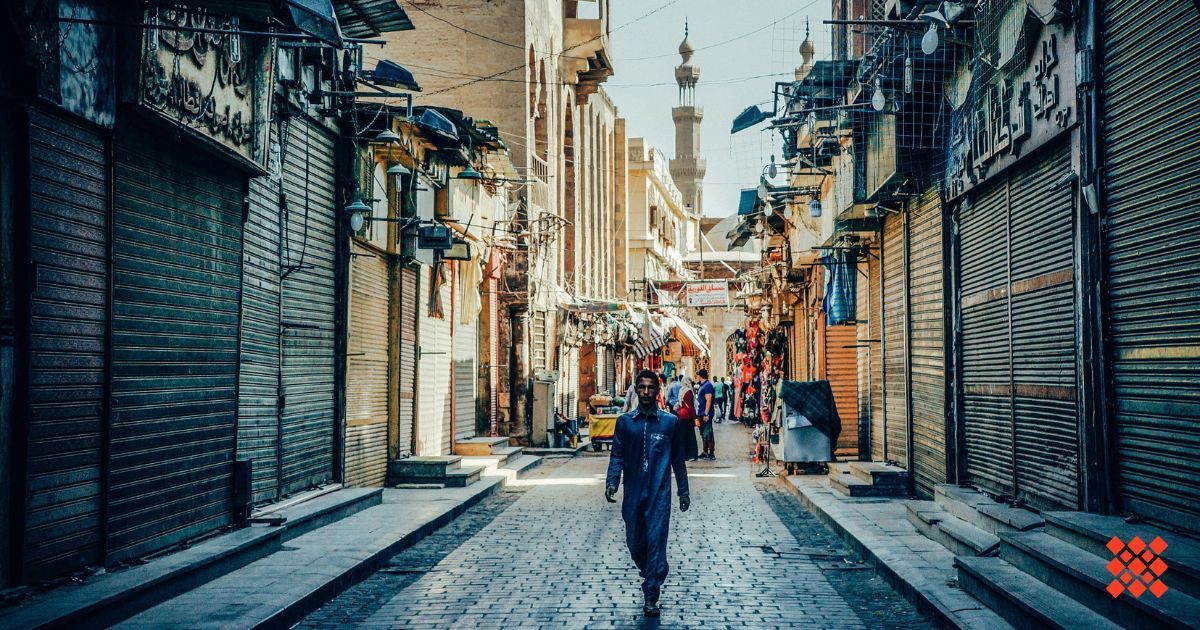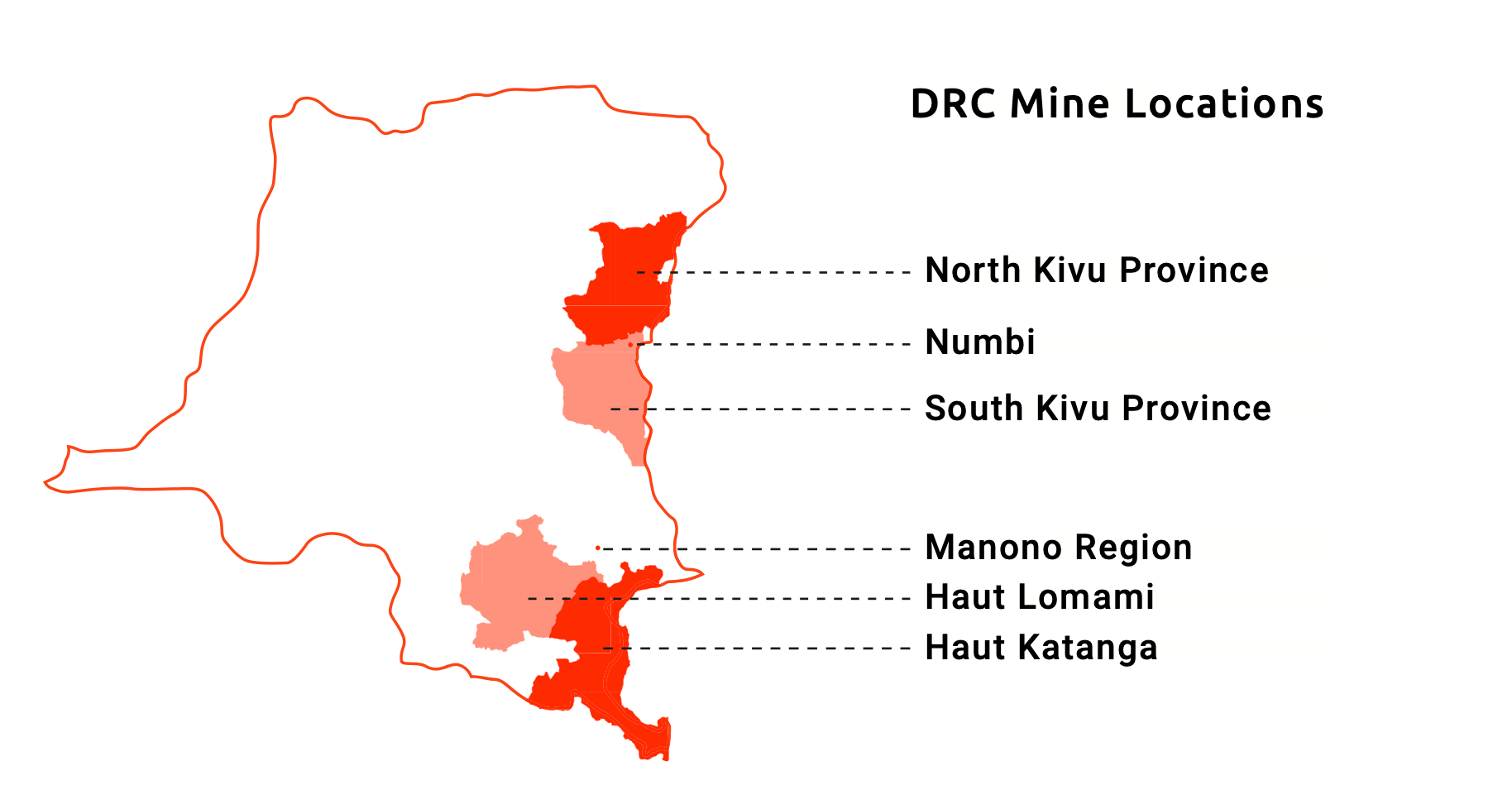Financial inclusion in Egypt
Financial inclusion is crucial for sustainable economic growth and poverty reduction. When people have access to financial services, they can save money, make payments, access credit for business or personal needs, manage risk through insurance, and participate in the formal economy.
Financial inclusion also promotes entrepreneurship, job creation, and investment opportunities. Financial exclusion is affecting many societies globally, creating barriers for individuals, and limiting their prospects and quality of life.
Egypt is one of the many economies in the African continent that suffer from widespread financial exclusion. Many individuals in Egypt, particularly those in rural areas, have limited physical access to traditional banking services. The lack of bank branches and ATMs in remote areas makes it difficult for people to open accounts, make transactions, or access other financial services.
In addition, Egypt has a significant informal economy, where a large portion of economic activity operates outside the formal banking system. People engaged in informal sectors may rely on cash transactions and informal financial mechanisms, leading to their exclusion from formal financial services. Finally, in some cases, individuals may lack the necessary identification documents or documentation required to open bank accounts or access financial services. This can be particularly challenging for marginalized groups or those without proper legal identification.
FinTech is offering answers to these problems through tailored financial products and services to meet the needs of underserved populations.

Khazna advancing financial inclusion
Technology, particularly mobile phones and digital platforms, play a significant role in advancing financial inclusion. Mobile banking and digital payment systems have expanded access to financial services, especially in regions where physical infrastructure is limited. By leveraging technology, individuals can conduct financial transactions, access credit, and save money more conveniently and affordably.
In Egypt, Khazna — a company that provides affordable general purpose credit products through a mobile app and secure ATM card — has stepped up to fill in this space by creating an app accessible to anyone with a phone.
Khazna helps ensure that more Egyptians gain access to critical financial tools and safely manage their money while building financial security. The company is partnering with other businesses to reach workers across the country with essential financial services they otherwise would not be able to use. In May 2022, Khazna had reached a total investment of $47 million since its inception in 2020. As of April 2022, it had raised $38 million in a Series A equity and debt round.
Khazna’s app caters to 50% of Egyptians who are active smartphone users and lack access to formal financial services. Egypt is a ripe market for a fintech company because many citizens lack access to the banking system, but are mobile phone users. Khazna leveraged technology to help Egyptians manage their short and long-term financial needs.
In the three years of its existence, Khazna has achieved successful collaboration agreements. For example, the company signed a cooperation agreement with Egypt Post to serve pensioners through Khazna's mobile application, in collaboration with Prime Business Consulting which provided the project’s theoretical and methodological frameworks. Under the agreement, pensioners can receive three times the value of their pension through the Khazna App and repay it in installments.
Khazna also obtained the approval from the Central Bank of Egypt to launch the ‘Khazna Card’ in partnership with ADIB Egypt, one of the leading banks in digital transformation. Since 2020, the app directly enables users to order the Khazna prepaid card at no added costs.
In October 2022, Khazna signed an agreement with Careem Egypt, a ride-hailing technology platform in the Middle East, allowing Careem's Egypt customers to issue “Khazna Meeza” prepaid cards in cooperation with the Abu Dhabi Islamic Bank and to link these cards to Khazna’s App.
These collaborations allow the company to further penetrate Egyptian society and promote financial inclusion.
Evidencity conducts in-house research on TruthSeeker, researching companies and individuals of global economic interest.



